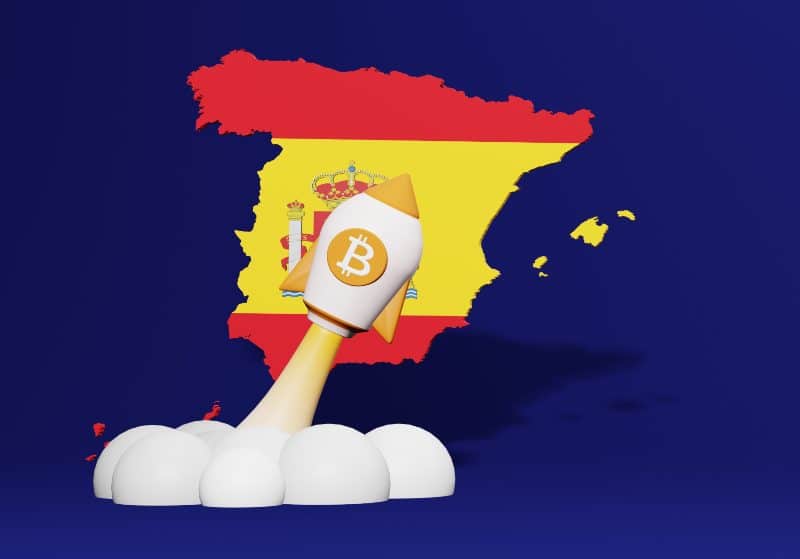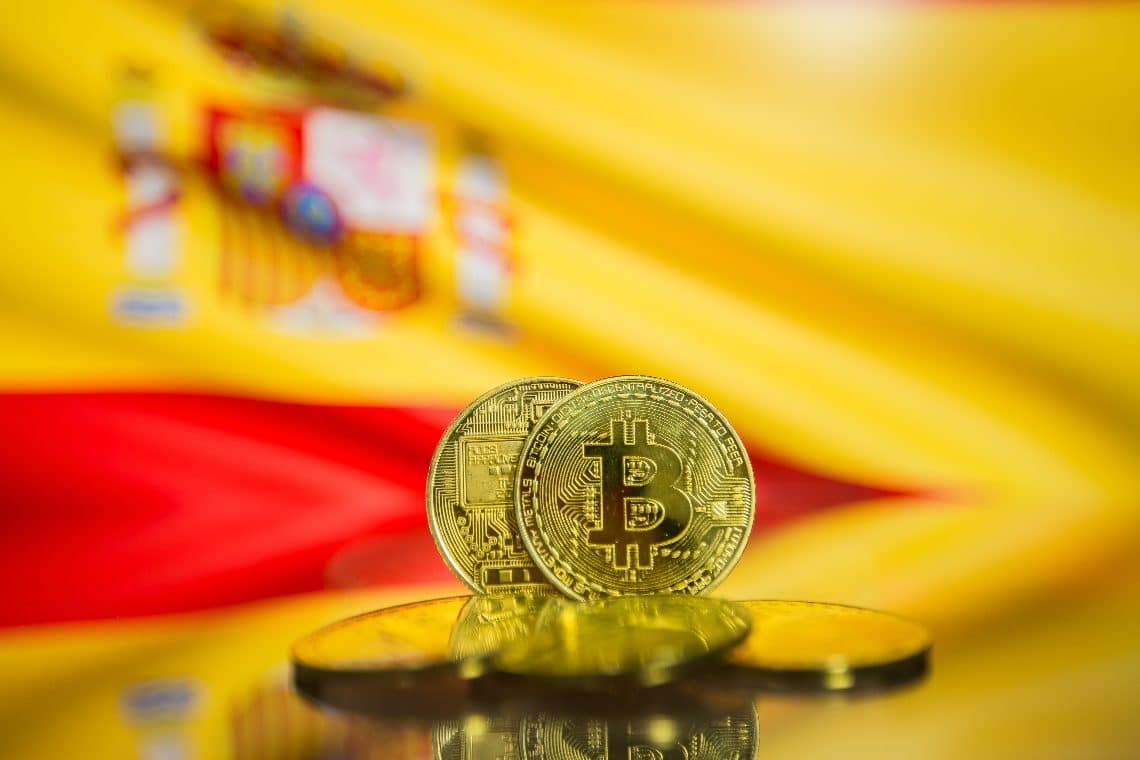After months of discussion, the Bank of Spain has opened the registry for all digital asset operators in the country. With this move, the Spanish central institution sets some guidelines for all operators in the sector.
Summary
How will the registry for digital asset operators in Spain work?
In the guidelines of the measure issued on October 19, the Spanish central institution specifies how the obligation to register applies to “all individuals and institutions that provide virtual currency exchange services” such as the purchase and sale of cryptocurrencies and custody services.
The obligation to register applies to all companies offering services in the country, not just those with registered offices in Spain. The Bank of Spain has also stipulated that companies will only be able to register online, while individuals will also be able to go to the Bank of Spain’s general registry offices.
Heavy penalties will be imposed on those who do not comply with this requirement. Fines start at €150,000 and can go up to €10 million. The deadline for companies affected by the measure to register has not yet been clarified, but it will probably be by the end of 2021.

Spanish banks ready to offer crypto services
The Bank of Spain’s belated decision will certainly make the many Spanish banks happy. They have been ready to offer cryptocurrency services to their customers for some time, but had been waiting for a decision from the authorities.
The Bank of Spain has been telling banks since June that it would soon set up a registry to regulate activity related to digital assets, but some banks had already moved to avoid missing the cryptocurrency train.
BBVA, one of the country’s two largest institutions, already has a cryptocurrency trading service in Switzerland, providing custody and trading services for digital assets.
CaixaBank, on the other hand, has chosen Onyze, a Spanish digital asset custody platform, to promote a pilot project for such services, although it will not be available to customers for the time being.
According to Finder, Spain would be the second country in Europe behind Poland in terms of the percentage of people (14%) using cryptocurrencies to make payments.
It ranks first in terms of knowledge of the cryptocurrency market, with 18% of Spaniards having some knowledge of crypto.




